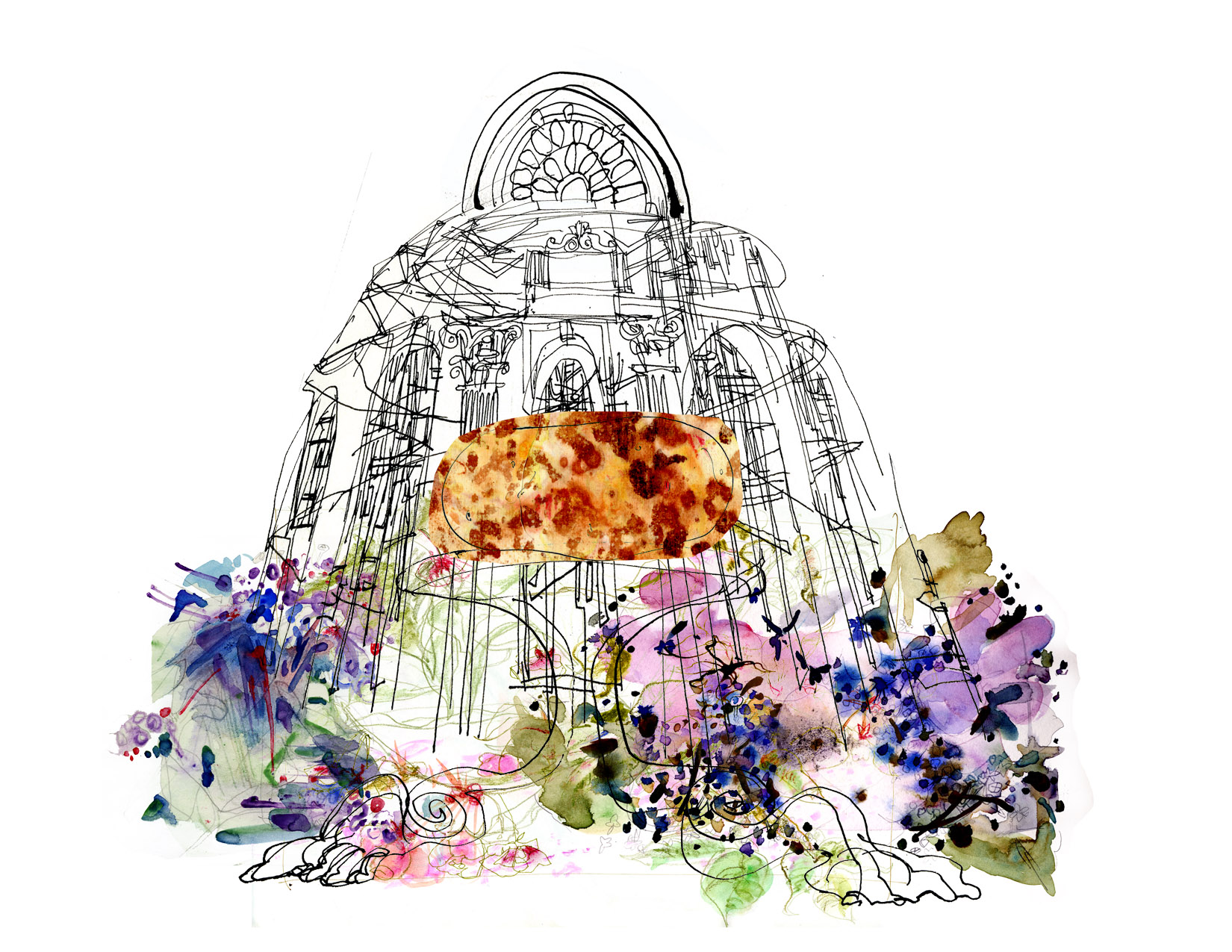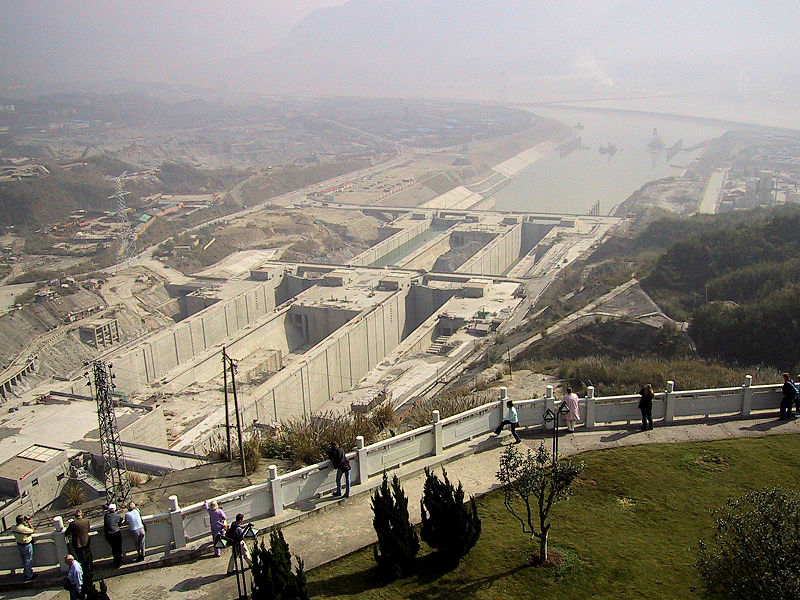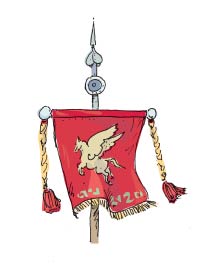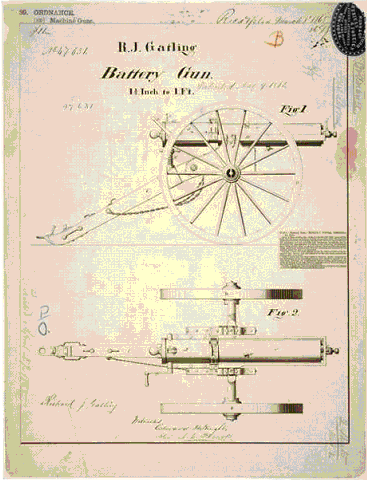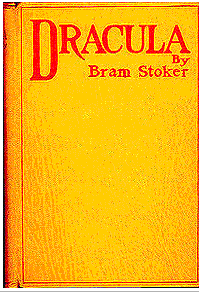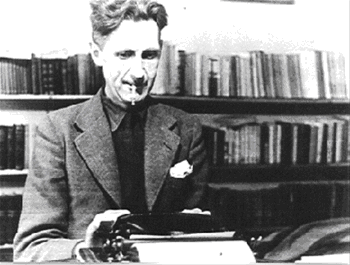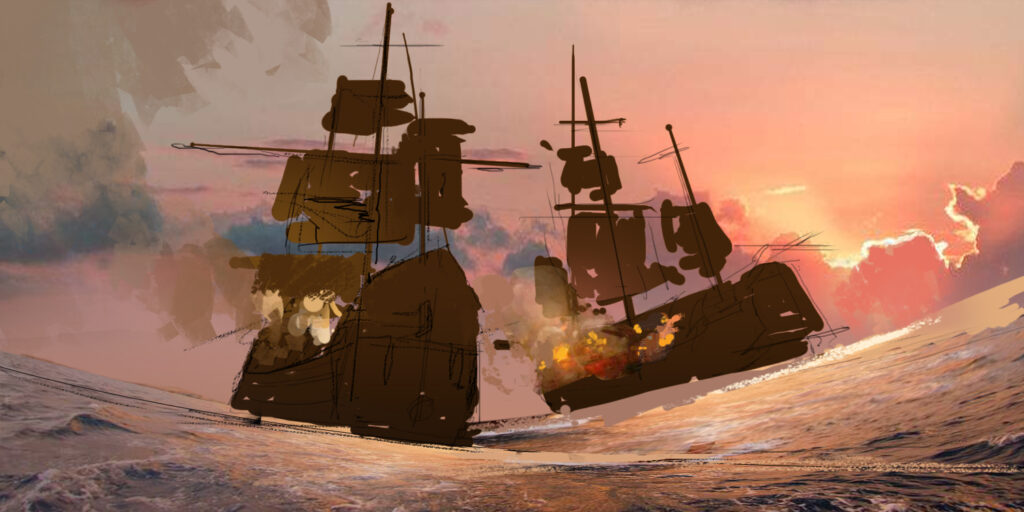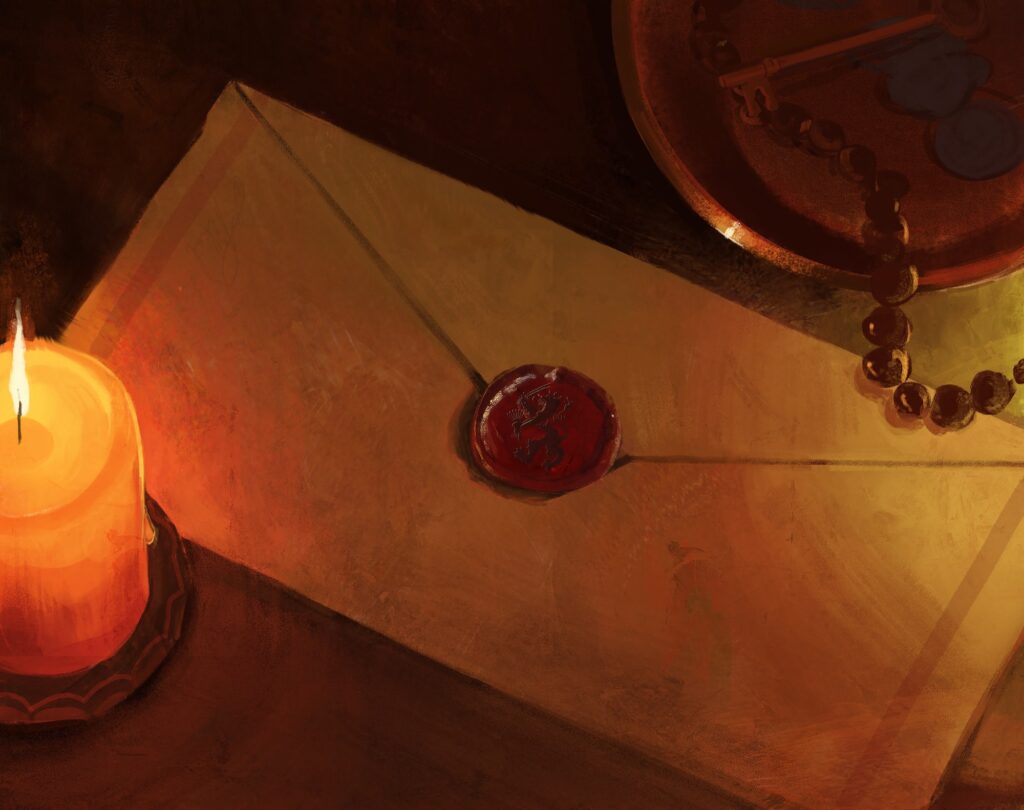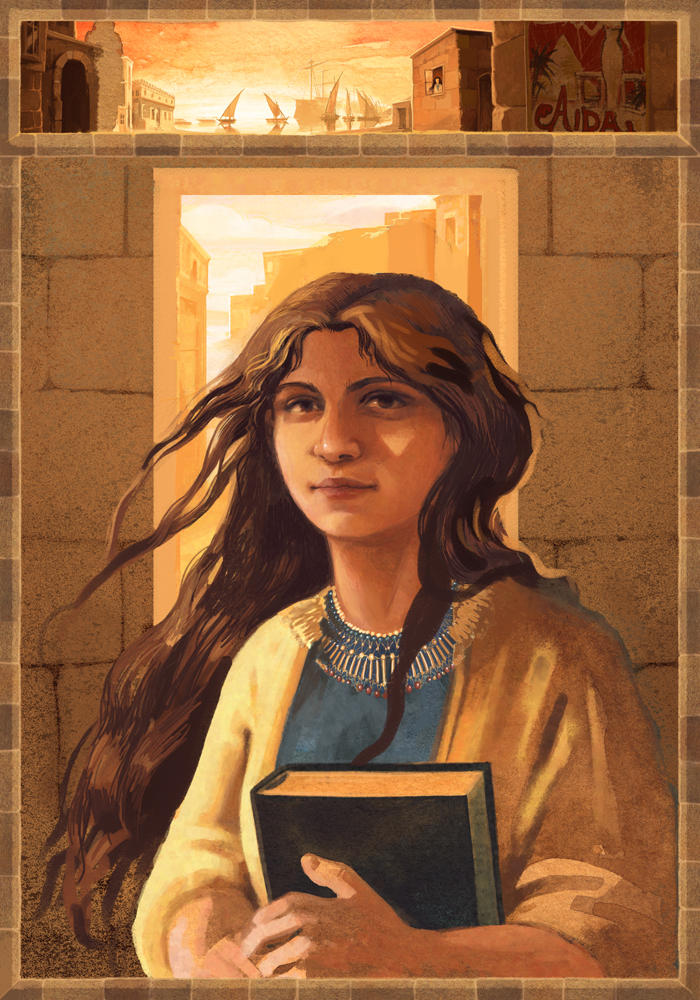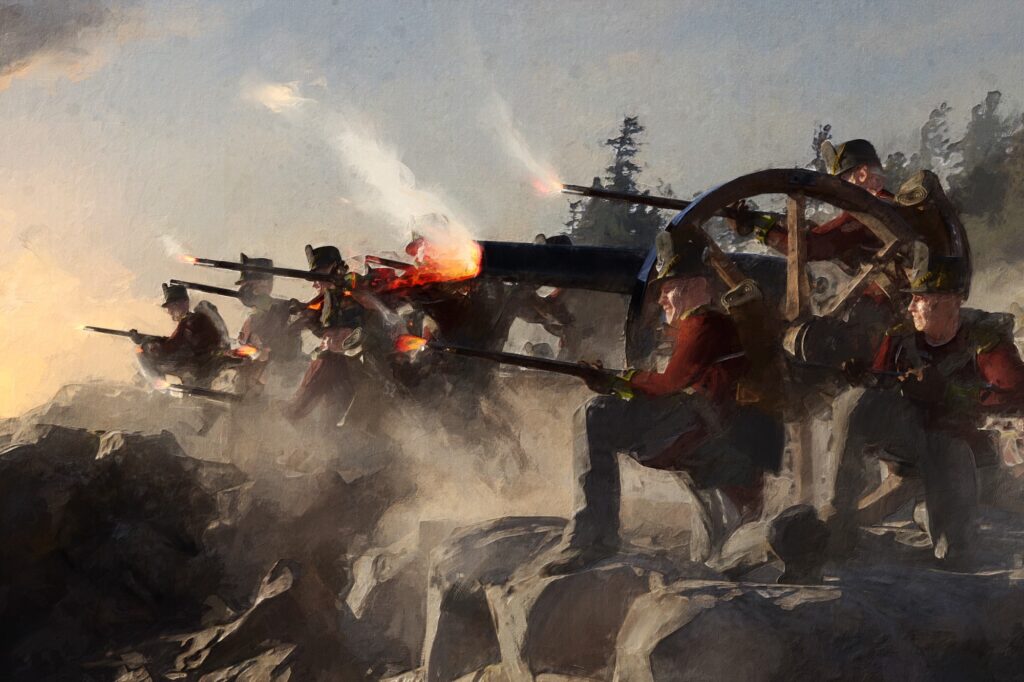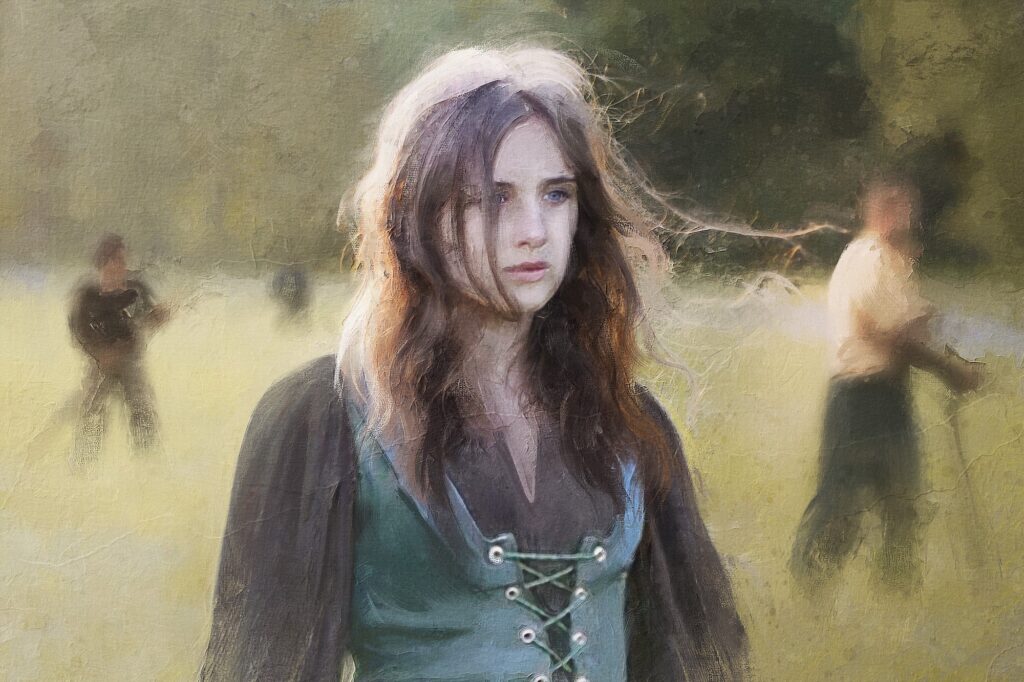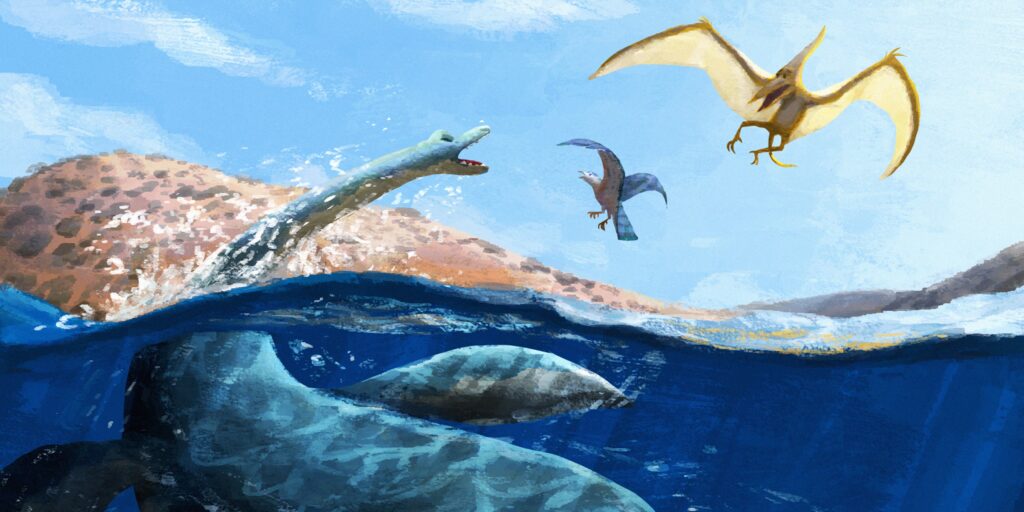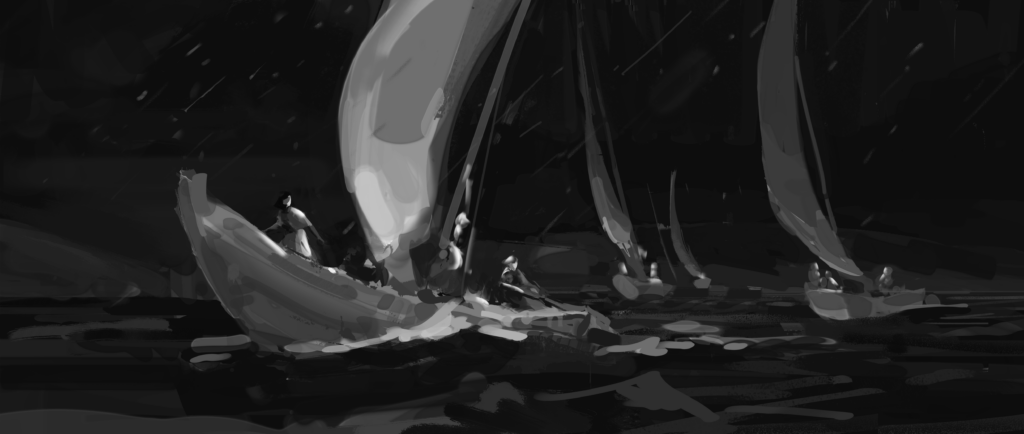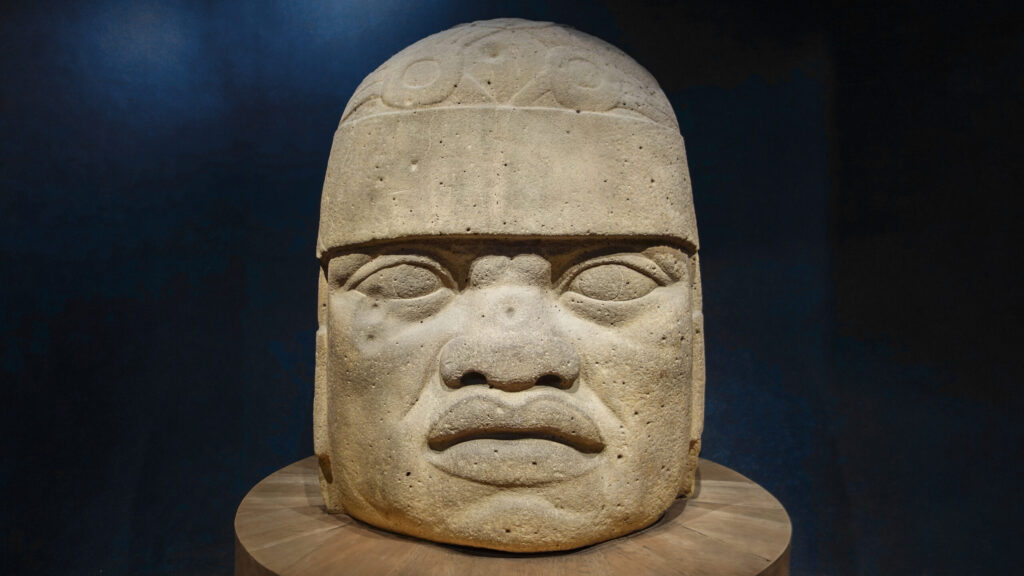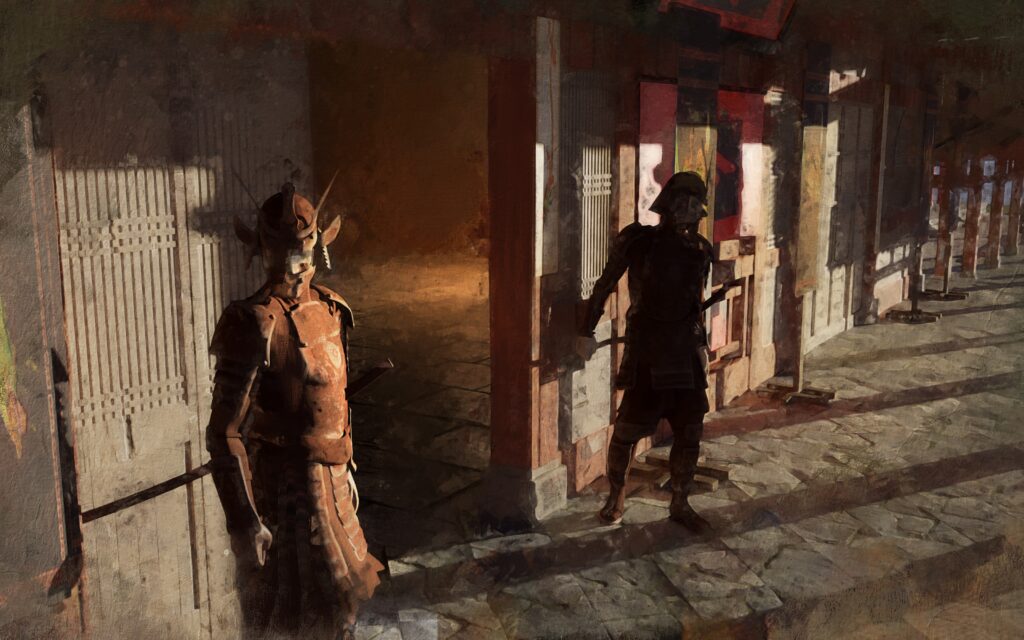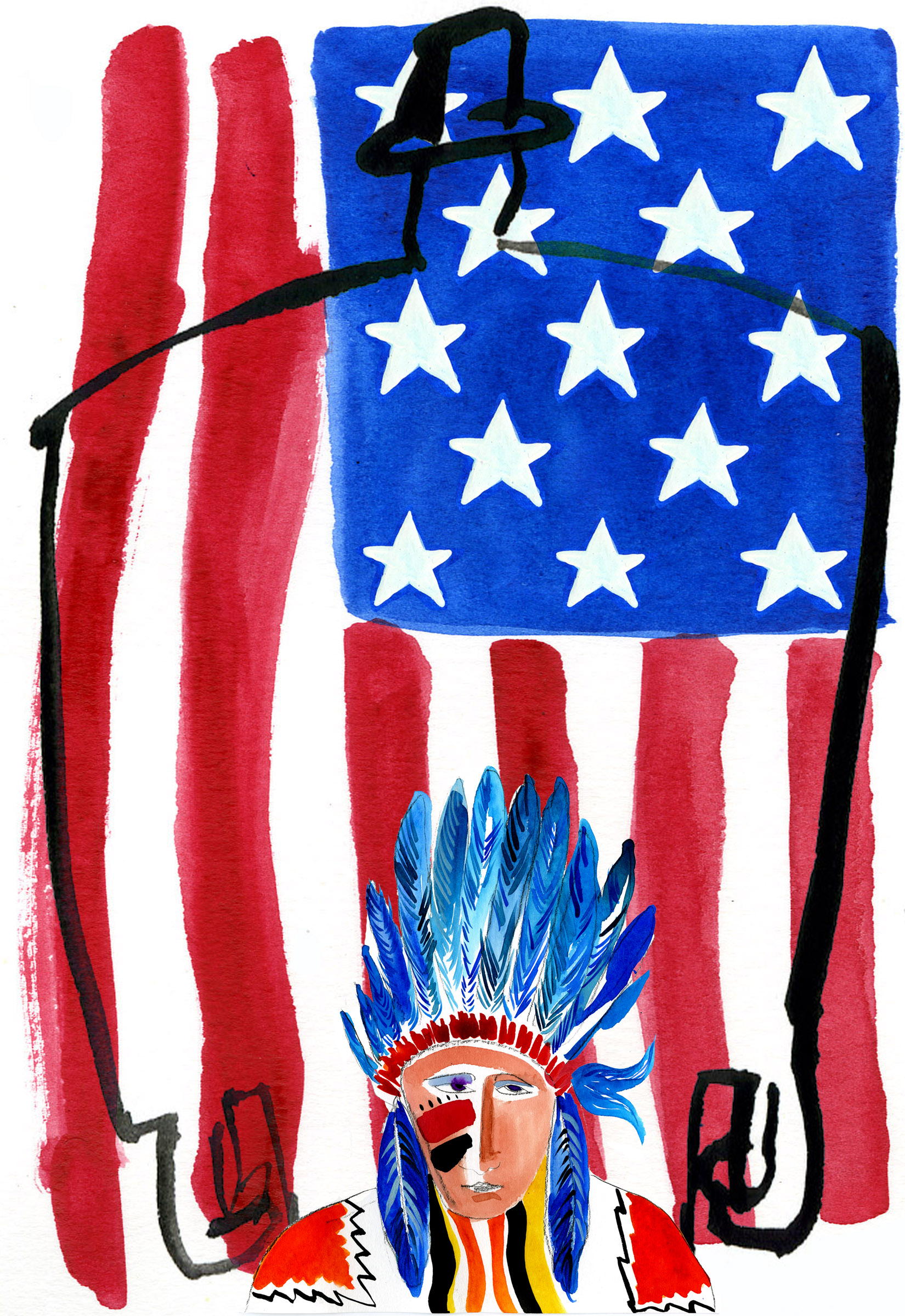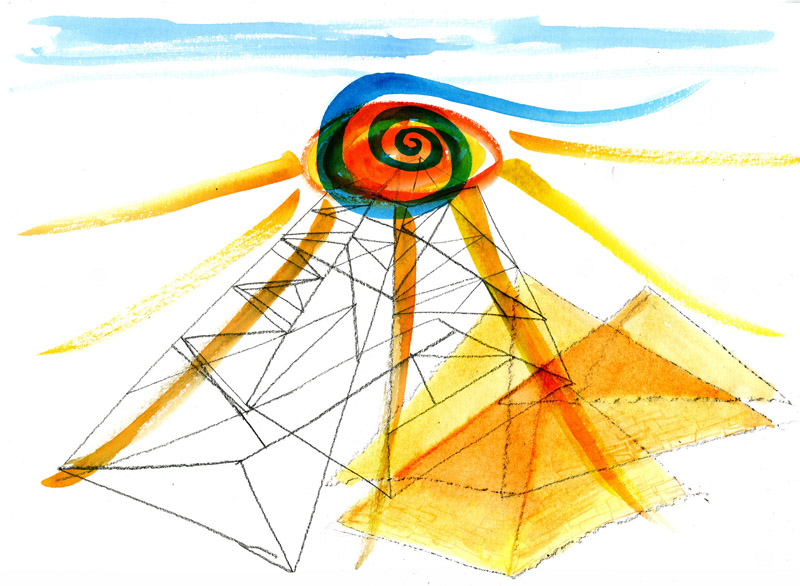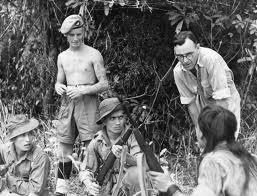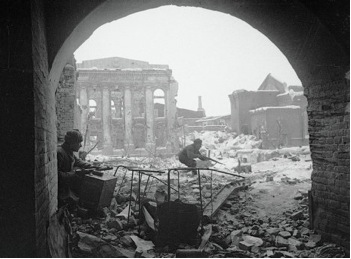Empire Studies Magazine Blog
James Joyce is a fascinating writer, but he can be a most difficult author to teach. In her dissertation, Lynn Bongiovanni brings a recent viewpoint – empire theory – to bear on this most singular author, and finds an interesting paradox.
When I searched dissertation titles to find topics that relate to empire, I ran across a thesis entitled A Partnership for Disorder: China, the United States and their policies for a postwar disposition of the Japanese Empire 1941-1945. When I contacted the author, Xiaoyuan Liu, I found that the thesis
In their ambitious book Empires of Food, authors Evan D.G. Fraser and Andrew Rimas take on a huge topic: the cause-and-effect relationship between food systems, societies and governments or, as they phrase it in the book’s subtitle, “feast, famine and the rise and fall of civilizations.”
Smart people see elements of imperial narratives in novels like Robinson Crusoe and Lord of the Flies. The same elements can be identified in contemporary stories movies like Avatar. As empires change, so do the stories we tell to make sense of the machineries and processes that support them
Language is a powerful shaping force of civilization, and each of the world’s languages is changing constantly. The way we speak has a profound effect on – and is itself profoundly affected by – other vectors of empire. Here, a master historian looks at how a “mother” tongue was ended (but not really) by powerful forces that, at first glance, seem to have
In many cases, we can see a clear link between architecture and the cycles of empire. There can be little question that the great 17th century Ottoman architect Sinan is an imperial architect, a rising-empire artist whose work seems to exist to glorify
It is easy to forget what a cultural sensation technology can produce – and perhaps no instance was greater than that of the Gatling gun.
With the 1897 publication of Bram Stoker’s Dracula, the English were exposed to a terrifying Gothic novel that expressed the fears of the age: Questions of invasion, identity, and war were entangled in a dramatic story about vampires feeding on women and
A brief comparison of the work of two authors who lived almost a century apart reveals two literatures driven by a common concern with the processes and consequence of empire. A review of their lives shows that
